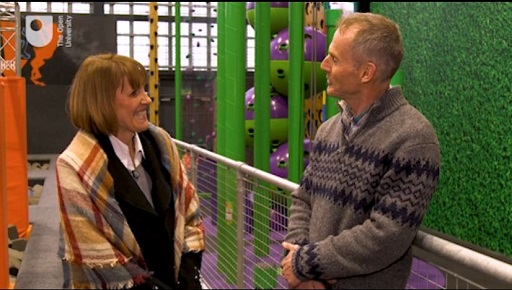Session 4: What helps in connecting with others?
Introduction
Connecting with people you work with, whether they be colleagues or participants, means being able to build a bond that stimulates their interest and engagement.
Much of what you have already covered so far helps build a work connection and in this session you will build on this by exploring three further aspects that support working relationships. The first you will look at is the use of subtle verbal and non-verbal signals that encourage dialogue to continue. The second is how your initial impressions of people are often influenced by something called ‘unconscious bias’; you will explore the implications of this. Finally, in building relationships, it can help to reveal or disclose personal information about yourself – this can be a delicate balancing act for different personalities and situations.
By the end of this session, you should be able to:
- understand the important role you play in keeping a conversation going and encouraging others to want to contribute
- appreciate how we often hold pre-conception of others based on first impressions and these can be a barrier to effective communication and collaboration
- recognise that, in appropriate situations, giving away some personal information about yourself can help build stronger working relationships.
Watch this video, in which Sue Mott and Ben Oakley introduce the session further.

